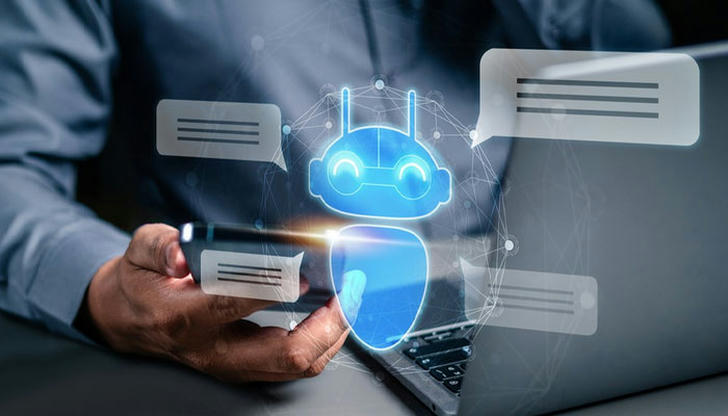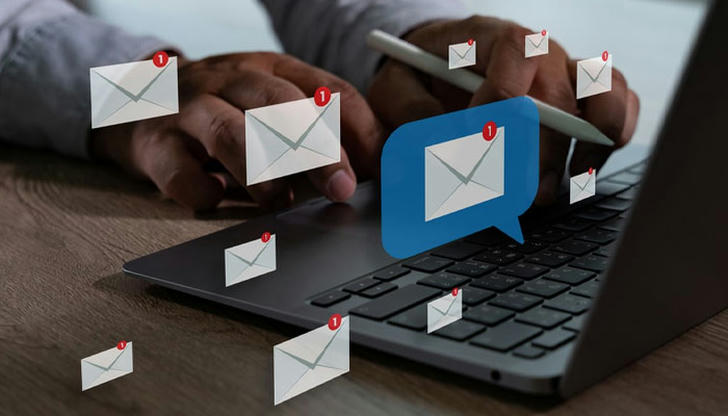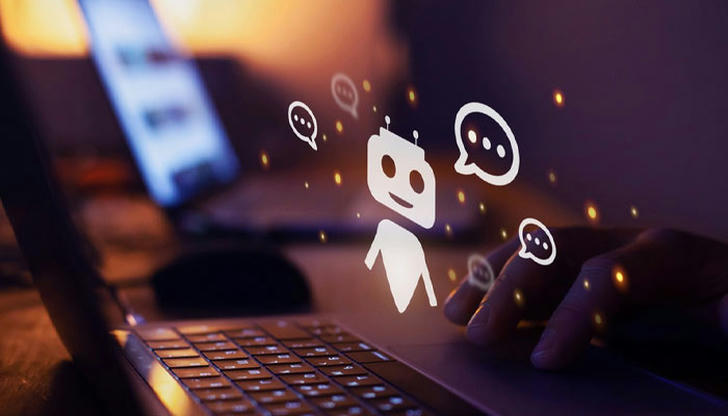How AI Is Changing the Job Market — And What It Means for You

A few years ago, Artificial Intelligence (AI) sounded like something only tech giants or scientists needed to worry about. Now? It's everywhere—from your smartphone’s voice assistant to the chatbot answering your questions when you contact customer service. Whether you notice it or not, AI is already changing how we live, work, and apply for jobs.
But what exactly does this mean for the average worker or job seeker? Should we be worried? Excited? A little of both?
Let’s break it down in simple terms—what’s happening, what it means for your career, and what you can do to stay ahead.
AI Is Already in the Workplace

If you’ve applied for a job recently, chances are your résumé went through an AI-powered filter before a human ever saw it. More companies now use AI to sort applicants, screen video interviews, and even predict which candidates are more likely to succeed.
In the office, AI tools help write emails, summarize meetings, generate reports, and organize schedules. Some people are using tools like ChatGPT or Microsoft Copilot daily to speed up routine tasks.
This doesn’t mean robots are taking over—but it does mean the way we work is shifting fast.
Some Jobs Are Shrinking — But Others Are Growing
Let’s be honest: AI is replacing some types of jobs, especially those that involve repetitive tasks. Here are a few examples:
• Customer service reps: Many companies now use chatbots for simple questions.

• Basic data entry roles: AI can sort, process, and analyze huge amounts of information faster than humans.
• Junior-level content writing: Some businesses use AI to draft blog posts or product descriptions.
But at the same time, AI is also creating new job roles—some of which didn’t even exist a few years ago:
• AI prompt writers, who know how to “talk” to AI systems to get useful results.
• AI content reviewers, who refine what AI generates.
• Machine learning trainers, who help AI improve by feeding it good examples.
These roles often pay more than the jobs they replace, but they require different skills—and sometimes a new way of thinking.
You Don’t Need to Be a Tech Expert
Here’s the good news: You don’t have to become a programmer or data scientist to stay relevant.
In fact, many people are already using AI in everyday work without realizing it. For example:
• A small business owner uses AI to write product descriptions faster.
• A teacher uses AI to plan lessons based on student needs.

• A job seeker uses AI to polish their résumé or practice interview questions.
The key is to start exploring. Most AI tools are surprisingly easy to use. Platforms like ChatGPT, Grammarly, Canva, and Notion all offer AI-powered features that save time and boost productivity.
Real People, Real Benefits
Let’s meet Lisa, a 38-year-old HR assistant in Ohio. She was worried AI would make her job unnecessary. But instead of panicking, she signed up for a free online course about using ChatGPT at work.

Now she uses AI to summarize job applications, draft offer letters, and even plan employee wellness events. Not only has she become more productive—her boss just promoted her to HR coordinator.
Then there’s Ray, a college student working part-time at a local marketing agency. He started using AI to brainstorm social media ideas and write ad copy drafts. His manager noticed—and gave him more responsibility and a raise.
The takeaway? AI isn’t here to replace you. It’s here to replace boring, repetitive tasks—so you can focus on the things that really matter.
Soft Skills Still Matter (Maybe More Than Ever)

AI can do a lot of things—but it’s not human. It can’t truly connect with people, read body language, or come up with original ideas the way you can.
That’s why soft skills like communication, creativity, empathy, teamwork, and critical thinking are more valuable than ever. These are the skills AI can’t replicate, and employers are still hungry for them.
So while it's smart to learn how AI tools work, don't forget to keep building the human side of your skillset too.
What You Can Do Today
Not sure where to start? Here are some easy steps anyone can take to stay relevant in an AI-shaped job market:
1.Get curious. Try using AI for something simple—like summarizing a long article or drafting an email.
2.Take a short course. Websites like Coursera, LinkedIn Learning, and YouTube offer beginner-friendly lessons on AI tools.

3.Add AI to your résumé. Even basic experience can show employers that you’re adaptable and future-ready.
4.Focus on your strengths. Think about how your people skills, industry knowledge, or creative talents complement AI—not compete with it.
Looking Ahead
We’re still at the beginning of this AI-driven shift. Over the next few years, we’ll likely see more automation—but also more opportunities for those who are ready to adapt.
For many workers, this moment is like learning to use email or smartphones: at first, it feels unfamiliar. Then, it becomes second nature—and suddenly you can’t imagine working without it.
So don’t be afraid of the future. Embrace it. With the right mindset, AI can be your biggest ally, not your enemy.
In short: AI is changing the job market—but it doesn’t have to leave you behind. Stay curious, keep learning, and remember: the best career strategy isn’t to beat the machines. It’s to work smarter with them.

